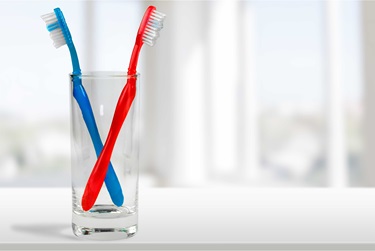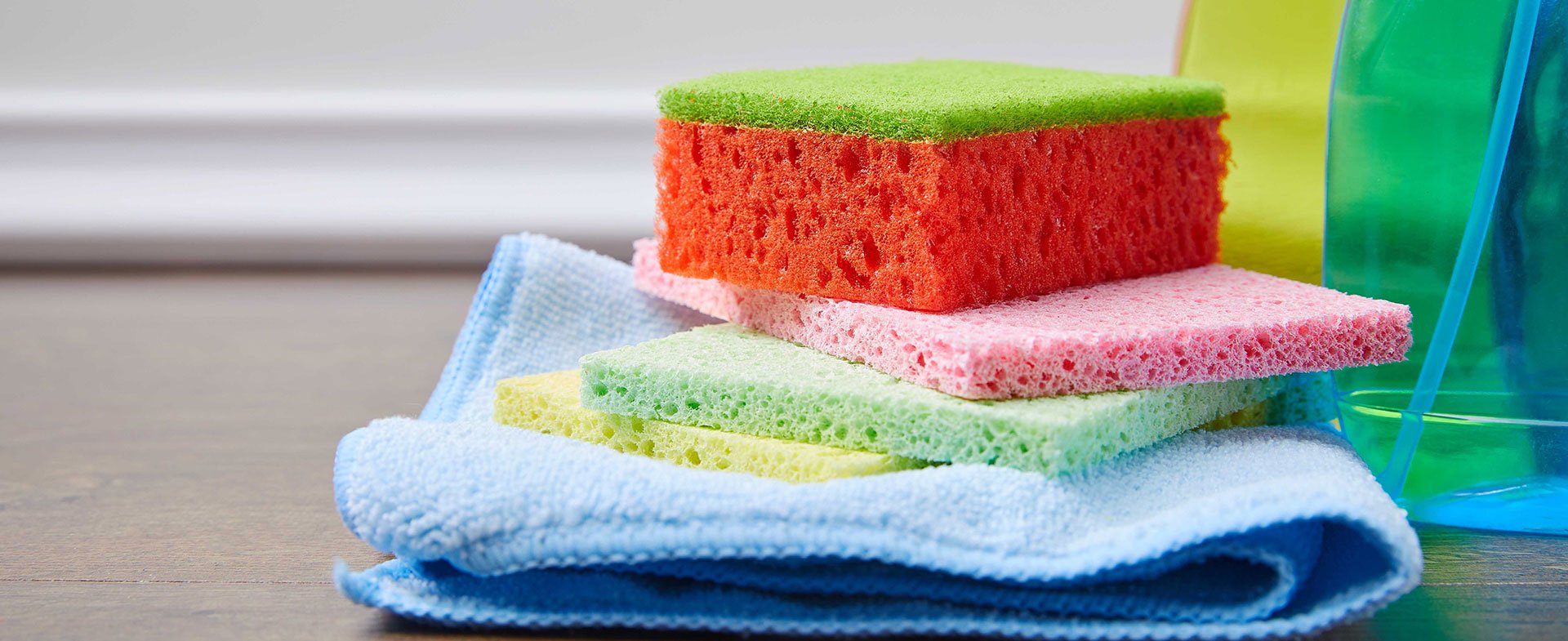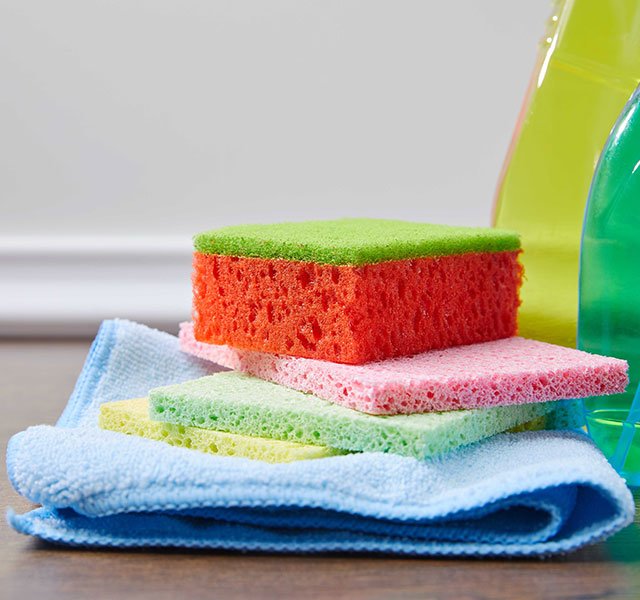Having a busy day-to-day schedule can make it easy to lose sight of things that may be affecting your health. When you finally get home after a long day, you might wash the dishes, take a shower and brush your teeth before heading to bed, but what if your efforts are doing more harm than good?
Believe it or not, there are commonly-used items in each of those activities that may expose you to harmful bacteria.
Robert Tibbetts, Ph.D., a microbiologist in the Department of Pathology and Laboratory Medicine at Henry Ford Health, explains why some items are more likely to cultivate bacteria and why you should replace them frequently to help keep yourself safe.
Sponges
The common kitchen sponge is used for anything from doing the dishes to wiping off a counter top. A sponge is often used with warm water, making it an ideal place for bacteria to grow and multiply. According to a recent study, a kitchen sponge should be replaced on a weekly basis. The study found that kitchen sponges had not only more bacteria, but also more types of bacteria, than originally expected.
Separately, Dr. Tibbetts’ team recently analyzed swabs taken from a surface that was cleaned with a kitchen sponge that had not be recently replaced. Despite using a cleaning agent, the bacteria detected after “cleaning” was potentially dangerous.
“We detected bacteria that can cause wound infections, and other types that can cause respiratory illness,” said Tibbetts. “Three of the types of bacteria found can be resistant to antimicrobial agents, and therefore very difficult to treat.”
While replacing kitchen sponges weekly may require a small investment, keeping yourself and your family safe will be well worth it.
Toothbrushes
 According to the American Dental Association (ADA), you should replace your toothbrush every three to four months, or sooner if the bristles become frayed.
According to the American Dental Association (ADA), you should replace your toothbrush every three to four months, or sooner if the bristles become frayed.
“Any item that is used for cleaning and allowed to air-dry, like a toothbrush, should be replaced frequently,” Tibbetts said.
Even if you do replace your toothbrush within the recommended three-to-four-month range, there are a few things you can do to help keep it clean while you have it, according to the ADA:
- Do not share your toothbrush with anyone else.
- Thoroughly rinse toothbrushes with tap water after brushing to remove any remaining toothpaste and debris.
- Do not routinely cover toothbrushes or store them in closed containers, as this promotes the growth of microorganisms.
Shower Loofahs
A study published in the Journal of Clinical Microbiology found loofahs made from natural products to be a breeding ground for microorganisms that can cause irritation or infections. Shower loofahs are porous and often damp … making them an ideal place for bacterial growth.
To minimize risk of harmful bacterial growth, a loofah made from natural products should be replaced approximately every three to four weeks, Tibbetts said. Shower loofahs made from synthetic material have a slightly longer lifespan.
“If you are using a synthetic sponge or loofah, you should replace that about every six to eight weeks,” Tibbetts added. “This is because synthetic material is less prone to bacterial growth than natural material.”
Regardless of time and material, you should replace these items immediately if you see mold or smell mildew at any point.
To make an appointment with a Henry Ford doctor, visit henryford.com or call 1-800-HENRYFORD (436-7936).
Dr. Robert Tibbetts is the associate director of microbiology in the Henry Ford Department of Pathology and Laboratory Medicine.



